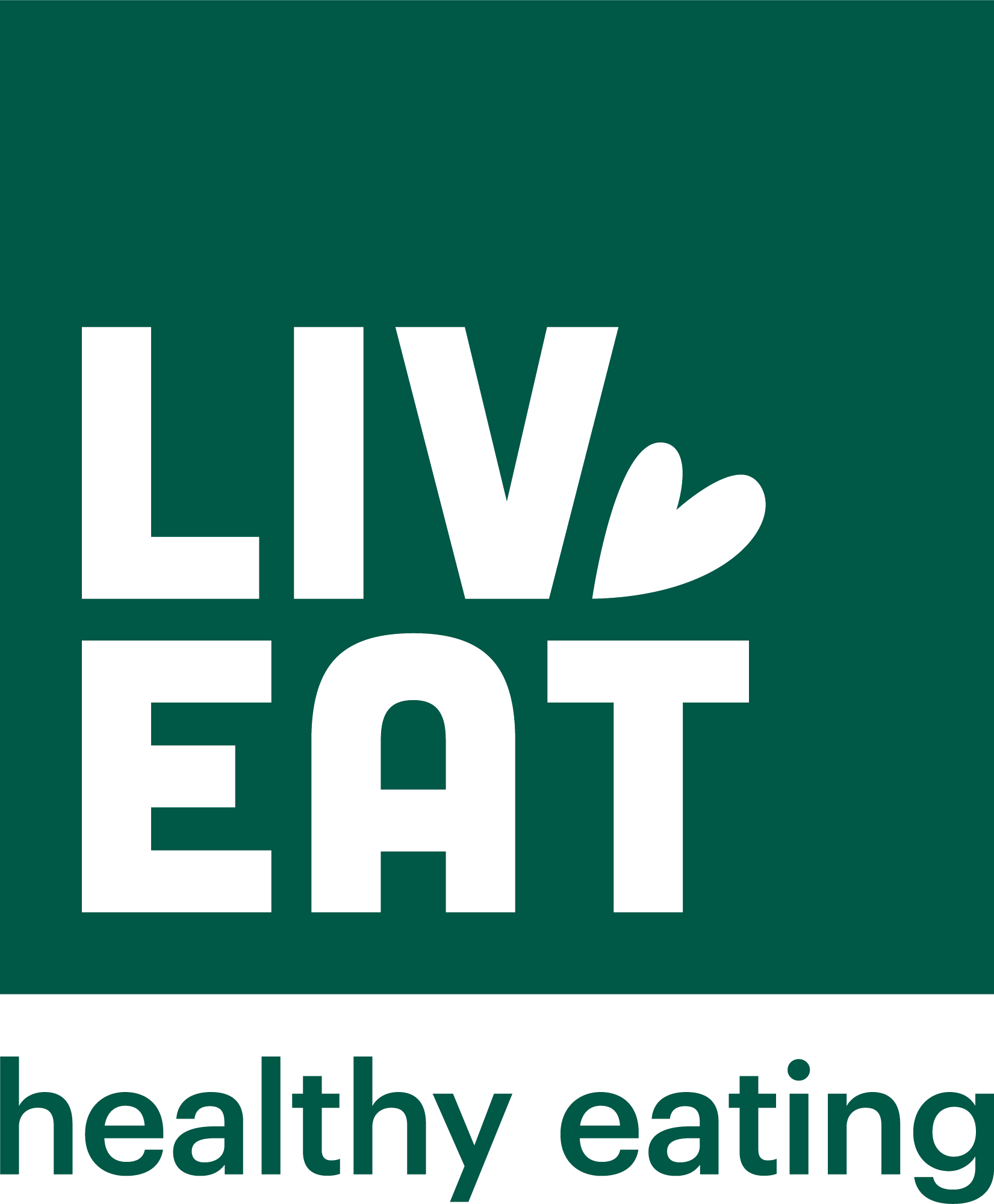NUTRITION
We all know that good nutrition delivers a wealth of health benefits and plays a key role in living a healthy and active lifestyle. You can view/download Liv Eat’s Nutritional Information Fact Sheet at the bottom of this page.
Know what’s in your food.
NUTRITION
You can view/download Liv-eat’s Nutritional Information Fact Sheet at the bottom of this page.
UNDERSTANDING
NUTRITION
ABOUT KILOJOULES
ABOUT CALORIES
MACRO NUTRIENTS
MICRO NUTRIENTS
NOT ALL CALORIES ARE EQUAL
Let’s think about this for a second. If a kilojoule or calorie is a measure for how much energy is in the food you eat or drink, then does it matter what you eat, so long as you don’t exceed your daily intake? The answer is yes if you want to stay healthy.
You could eat 1800 calories in a day of pure sugar, you would become malnourished and ultimately unwell. Alternatively, if you eat 1800 calories in a day of a balanced diet that delivers your body with a range of macro and micronutrients, you are feeding your body what it needs to fuel, grow, repair and fight disease.
So how do I choose between good and bad calories? A good rule of thumb is to apply the ”clean eating” philosophy. This simply means to give preference to unprocessed foods in the purest forms.
This includes things like fruits, vegetables, legumes, nuts, or eggs. You can fill up on these foods without giving much thought to your daily caloric intake limit. Variety amongst these items is key to maintain a balanced diet.
The bad calories can be found in high-sugar foods or unhealthy fast food, which follow exactly the opposite principle. They offer you almost no nutrients, but a ton of empty calories. If you’re trying to maintain your health, you’ll have to pay attention to your “bad” calorie intake.
100g of deep-fried chicken at 234 calories, or 100g of blueberries at 57 calories, what would you choose?
